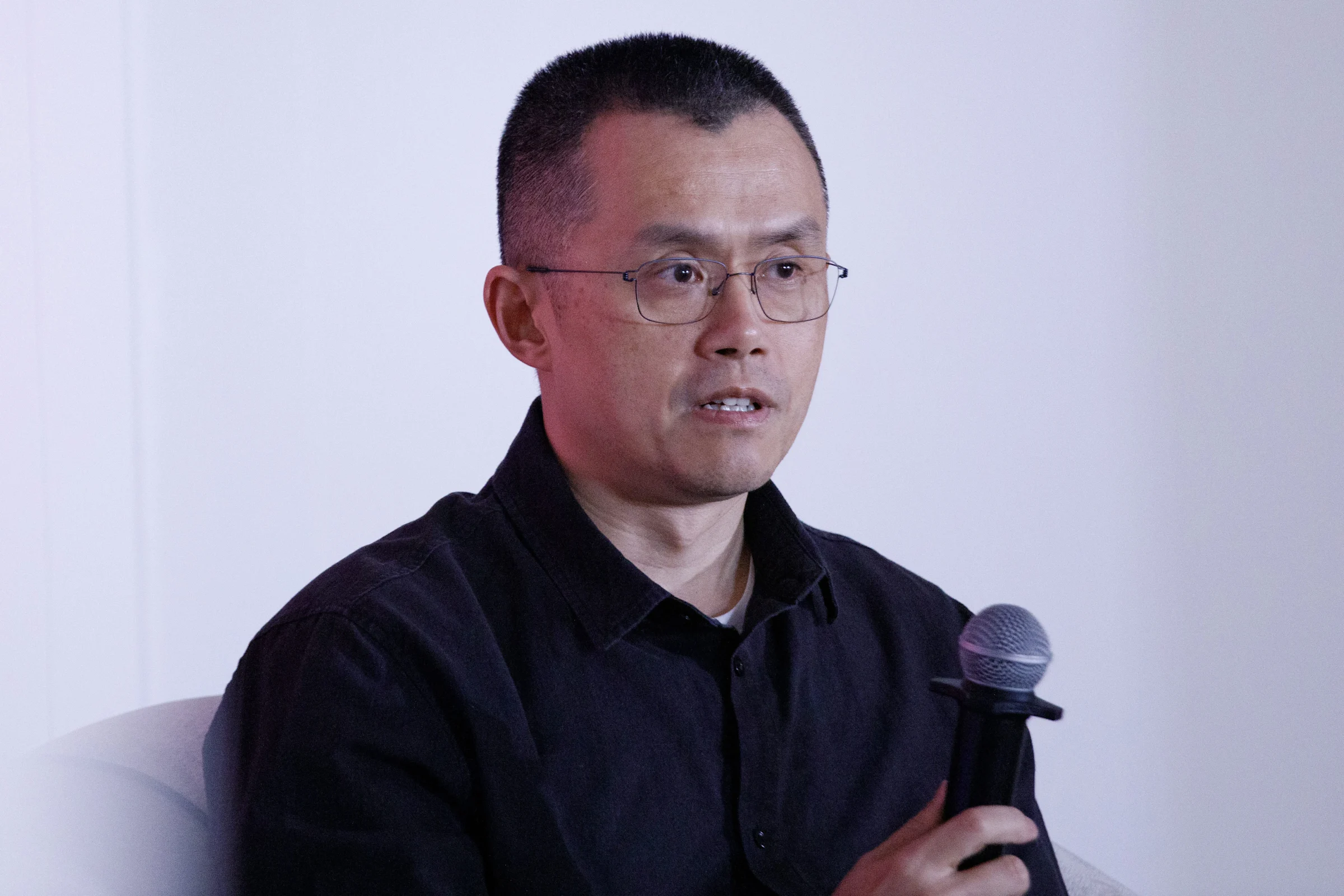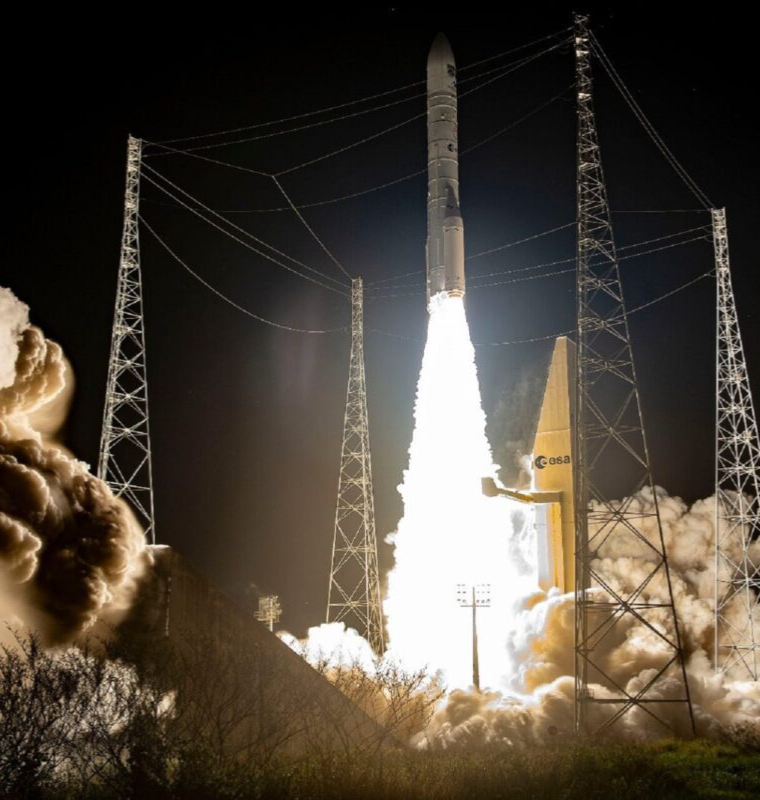Trump Grants Full Pardon to Binance Founder Changpeng Zhao in Controversial Move
Trump Grants Full Pardon to Binance Founder Changpeng Zhao in Controversial Move
By
Junia Wells
Last updated:
October 24, 2025
First Published:
October 24, 2025

Photo: Yahoo
A Presidential Pardon That Shakes the Crypto World
President Donald Trump has granted a full pardon to Changpeng Zhao, the founder and former CEO of Binance, the world’s largest cryptocurrency exchange. Zhao, widely known as CZ, had pleaded guilty in late 2023 to charges of enabling money laundering through the Binance platform—a case that resulted in a $4.3 billion settlement between Binance and the U.S. Department of Justice (DOJ).
The White House confirmed the pardon Thursday, saying Trump’s decision was made to “end the Biden Administration’s war on cryptocurrency.” The announcement has since sparked sharp reactions from lawmakers, regulators, and financial experts worldwide.
Background: The Binance Case and Zhao’s Conviction
Zhao’s conviction stemmed from a lengthy DOJ investigation into Binance’s operations. Prosecutors accused the exchange of failing to implement anti-money-laundering measures, violating U.S. sanctions laws, and facilitating billions in illegal transactions linked to terrorist networks, cybercriminals, and sanctioned nations.
In November 2023, Zhao pleaded guilty in federal court in Seattle and agreed to resign as CEO. The company admitted to operating an unlicensed money-transmitting business and breaching the Bank Secrecy Act and the International Emergency Economic Powers Act.
Despite federal prosecutors pushing for a three-year prison sentence, Zhao was sentenced in April 2024 to just four months in prison, a move that already drew criticism for being too lenient given the scale of Binance’s violations.
Political Reactions and Allegations of Favoritism
Trump’s pardon has quickly become a flashpoint in Washington. Senator Elizabeth Warren (D-Mass.), a vocal critic of the crypto industry, called the move “a clear act of corruption,” alleging that Zhao had used his influence and financial ties to gain favor with the Trump administration.
“First, Changpeng Zhao pleaded guilty to criminal money laundering,” Warren said. “Then he helped boost one of Donald Trump’s crypto ventures and lobbied for a pardon. This is corruption in plain sight.”
The Wall Street Journal recently reported that the Trump family’s own crypto project—estimated to have generated over $4.5 billion in revenue since the 2024 election—benefited from a partnership with a trading platform linked to Binance.
Further fueling controversy, lobbying records revealed that Binance hired Charles McDowell, a lobbyist and close associate of Donald Trump Jr., in September 2024. McDowell’s firm, Checkmate Government Relations, was reportedly paid $450,000 for lobbying the White House and Treasury Department on “executive relief” and crypto policy matters.
Trump Defends the Decision
Speaking to reporters, Trump defended his decision, saying, “He was recommended by a lot of people. Many believe he wasn’t guilty of anything.” White House Press Secretary Karoline Leavitt added that Zhao’s prosecution was politically motivated and part of a “broader attack on digital innovation” by the Biden administration.
Leavitt argued that the DOJ’s request for a three-year sentence “was so extreme that even the presiding judge called it unprecedented in his 30-year career.” She added, “The Biden Administration’s actions damaged America’s standing as a global leader in technology. That war on crypto ends today.”
CZ Responds with Gratitude and Renewed Vision
Zhao, who had been serving his sentence at the time of the pardon, responded on X (formerly Twitter):
“Deeply grateful for today’s pardon and to President Trump for upholding fairness, innovation, and justice. We will continue working to make America the capital of crypto and drive the growth of web3 globally.”
His statement has been widely shared across social media, with many in the crypto community celebrating the pardon as a victory for innovation and digital finance.
Binance also issued a statement praising the move:
“We thank President Trump for his leadership and his vision for the future of blockchain. CZ’s pioneering work helped build the foundation of the global crypto ecosystem, and we’re proud to see his contributions recognized.”
Industry and Market Response
The cryptocurrency market reacted swiftly to the news. Bitcoin prices rose 2.3% within hours of the announcement, while Binance Coin (BNB) surged 5.8%, reaching its highest level in three months. Analysts said the pardon signals a potential shift toward a more crypto-friendly regulatory climate under Trump’s renewed leadership.
Crypto advocates view the move as symbolic of a broader policy reversal. “This pardon sends a clear message that the U.S. is open to blockchain innovation again,” said a senior executive from a major digital asset fund.
However, financial regulators and traditional banking officials have voiced concern, warning that pardoning a convicted crypto executive could set a dangerous precedent and undermine accountability in financial compliance.
A Divisive Moment for Crypto Regulation
The pardon of Changpeng Zhao underscores the deep divide in Washington over how to regulate digital assets. Supporters call it a bold step toward fostering innovation and economic competitiveness. Critics, however, see it as an erosion of legal standards designed to prevent illicit financial activity.
As the global crypto industry continues to evolve—expected to surpass $5 trillion in total market value by 2026—the balance between regulation and innovation will remain one of the most pressing economic debates of the decade.
Trump’s decision to forgive one of crypto’s most powerful and controversial figures may reshape not only U.S. crypto policy but also the broader global narrative around accountability in the digital finance era.
Popular articles
Subscribe to unlock premium content
Why Mauritius Is Leading the World in Luxury Underwater Hotel Experiences

The Evolution of Mercedes-Benz From Karl Benz’s First Motorcar to Today’s Luxury and Electric Innovations

The Secret Coffee Economy of Yirgacheffe, Ethiopia, and Its Global Influence

Why Mauritius Is Leading the World in Luxury Underwater Hotel Experiences

The Evolution of Mercedes-Benz From Karl Benz’s First Motorcar to Today’s Luxury and Electric Innovations

Why Mauritius Is Leading the World in Luxury Underwater Hotel Experiences









